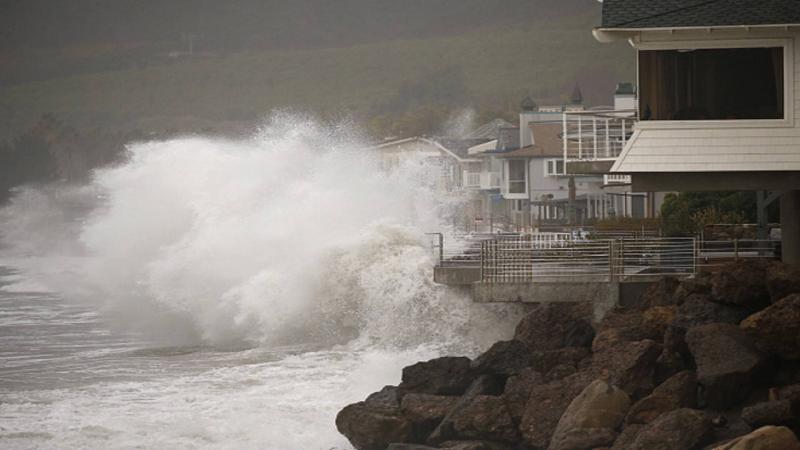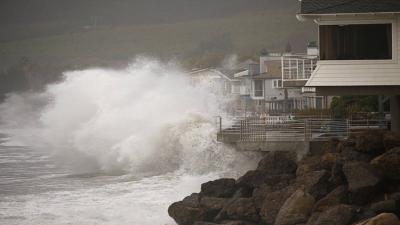In Tanzania, 155 people have died due to heavy rains associated with the climatic phenomenon known as "El Niño," which has caused floods and landslides. Several countries in East Africa have recorded precipitation levels above average in recent weeks. This year's winter season coincided with an El Niño wave that began in mid-2023 and is expected to continue until May, according to the World Meteorological Organization on March 5.
The El Niño phenomenon occurs approximately every two to seven years and refers to a warming cycle in the Pacific Ocean, with its effects varying from one region to another worldwide. In addition to rising temperatures, El Niño can cause droughts in some areas and heavy rainfall in others, as reported by "Shafak."
The phenomenon was originally identified by fishermen off the coast of South America as the unusual appearance of warmer waters in the Pacific, occurring near the beginning of the year. The term "El Niño" means "the little boy" or "Christ child" in Spanish. This name was used because the phenomenon often coincides with Christmas celebrations.
What is El Niño?
According to NASA's Earth Observatory, during El Niño, the surface waters in the central and eastern Pacific become warmer than usual. This change is closely related to the atmosphere and the winds blowing over the vast Pacific Ocean. The easterly winds that blow from the Americas toward Asia can weaken and even shift to a westerly direction, which reduces the upwelling of cold bottom waters to the surface, leading to the closure or reversal of ocean currents along the equator and the western coasts of South and Central America.
The circulation of air above the equatorial Pacific responds to this massive distribution of ocean heat. Strong high-pressure systems typically weaken in the eastern Pacific, thus altering the atmospheric pressure balance across the eastern, central, and western Pacific. This results in increased sea surface temperatures across the Pacific, which in turn raises the temperature of the atmosphere above it.




